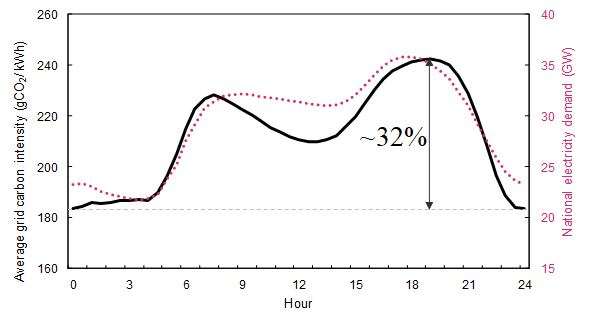Looks like the scheme is going forward

Has anyone heard yet the details of how it will work? ... as (even with a smart meter) they can't measure what you don't use so presumably will try to compare with some kind of "normal" - any idea what that "normal" is likely to be? An average across all customers - or what you actually used the same day the previous week or something like? I'm just wondering if it might allow the unscrupulous to inflate their usage at certain times to claim the extra money at others...
- Andy.

